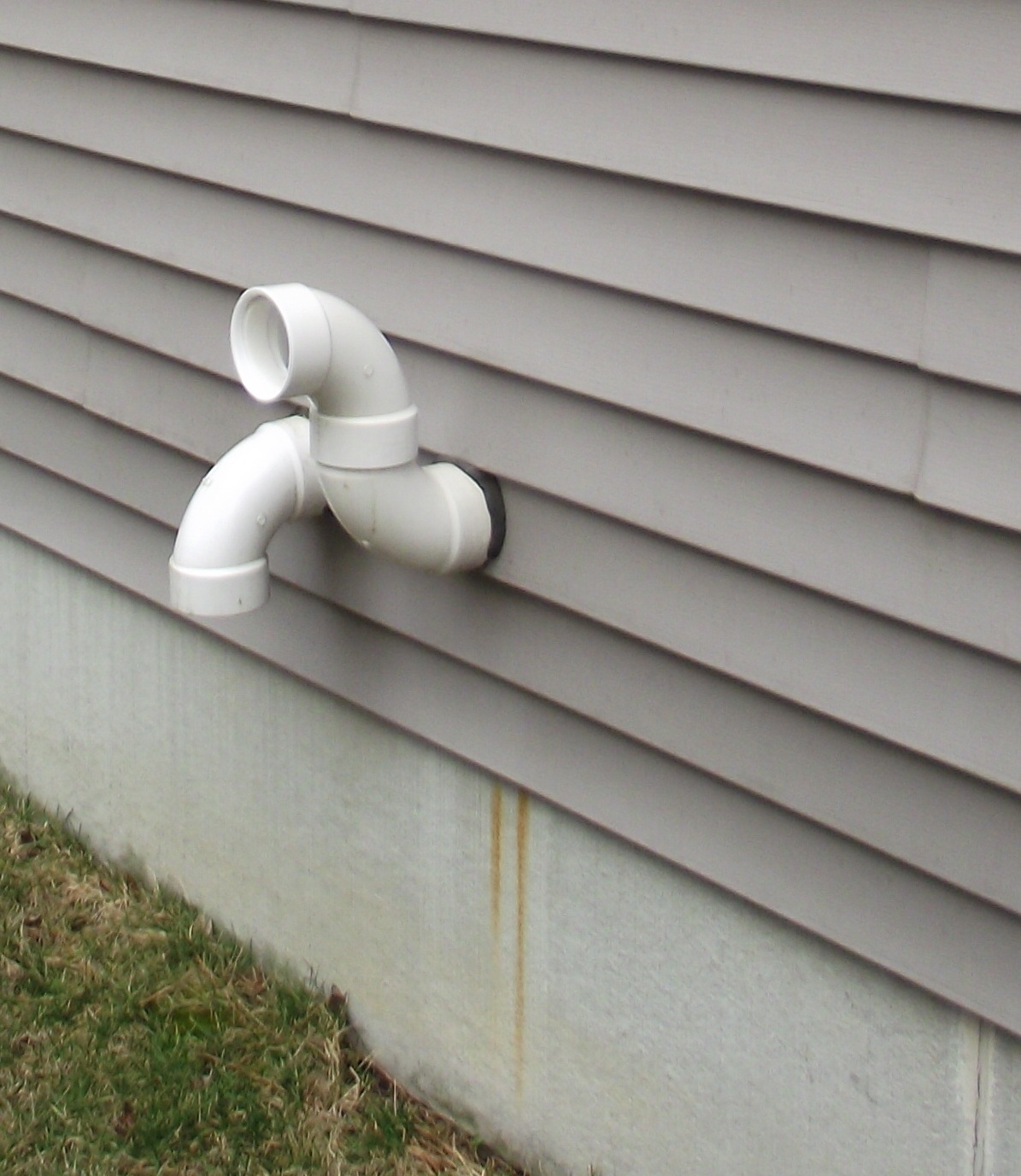Combustion Safety Frequently Asked Questions
Q: I'm thinking of purchasing a new water heater, what factors should I consider?
A: Things to consider are fuel source (gas or electric), storage capacity (30 gallon to 80 gallon available), tank type (tank or tankless) and warranty.
Q: What is the best fuel source for a water heater in my home?
A: Many things should be considered when determining the best fuel source for a new water heater. Are you considering switching the fuel source? And if you are, why? Staying with the fuel source you currently have will be the least expensive for the short term, but may not be the "best bang for your buck" in the long term. A knowledgeable contractor should provide you with options and from there an educated decision can be made.
Q: What size water heater should I purchase?
A: While that might seem like an easy question, the information required to answer it can be quite complex. There is a lot more involved than just how many people you have in the home. Determining the appropriate sized water heater is similar to sizing a heater, an AC unit or even a new electric service. Proper sizing is something that should be discussed and completed with your contractor.
Q: What is the difference between a conventional storage tank and a tankless one?
A: A conventional tank, which maintains temperature of stored water, is good for high usage applications and is economical. A tankless water heater has lower operating costs, uses less space and can reduce energy consumption. It also can provide continuous hot water at a precise temperature. However, it requires more upfront investment and additional maintenance.
Q: Do tankless water heaters cost more?
A: A tankless water heater will cost about 200 to 250% more than a standard water heater to purchase and install. Included in this are the higher cost of the unit, venting and the gas line/gas meter resizing required to support the unit's increased fuel requirements. However, a tankless water heater will have lower operating costs, takes up less space and may qualify for federal or local tax incentives and credits.
Q: Can a tankless unit be installed in the same place as my old water heater?
A: As long as enough combustion air is provided, tankless water heaters can be installed in a utility room, garage or basement. Plus, they may be installed in locations where a standard water heater may not fit.
Q: What kind of maintenance is required with a modern water heater?
A: You should flush your water heater once per year to help remove any sediment or rust that may be building up. Also you should remove any dust/dirt build-up where the air enters the area where combustion takes place.
Q: Why do I need a permit?
A: Permits are governed by local municipalities and required to ensure that a local plumbing inspector is sent to the site as a third party to confirm NJ Uniform Construction Code compliance of the installation.
Q: My heater and water heater used to go into the same chimney, now with my new heater the water heater is vented solo. Is there cause for concern?
A: Yes and no. Many things can influence the ventining of combustion appliances such as an atmospheric water heater. Proper installation and testing by the installer can ensure the appliances vent to the outside properly.
Q: My contractor said I should have my chimney lined as the size of it is too big now that just my water heater will be venting into it. Is he saying this to get more money out of me?
A: Most likely not. It is often the case when the house heater is removed and the water heater is venting by itself into a chimney, the NJ UCC (Uniform Construction Code) reqires the chimney be lined. Usually the cost of changing to a power-vented water heater (the exhaust is piped horizontally out of the wall) is offset by the cost of the liner. Add in incentives and and the power-vented model may be the more financially attractive option.
Q: What is the difference between power-vented and direct vent?
A: Power-vented by definition is an appliance that uses a mechanical draft exhaust to outside, usually utilizing room air to support combustion; this is done with a single pipe from the top of the water heater to outside. A Direct Vent appliance by definition pulls outside air for combustion and vents combustion gases directly outside throught 2 pipes.
Q: My neighbor has two white pipes sticking out of their foundation. I often see what looks like steam coming out of one of them, is this what you are referring to when you say "direct vent" appliance?
A: Yes, that sounds like a good description of a direct vent appliance.
Q: What do I do in case of an emergency?
A: Turn the fuel source off first (gas, electric, etc.) then turn the water off (there should be a valve on the pipe going into the water heater. Remember righty tighty.






.jpg)



